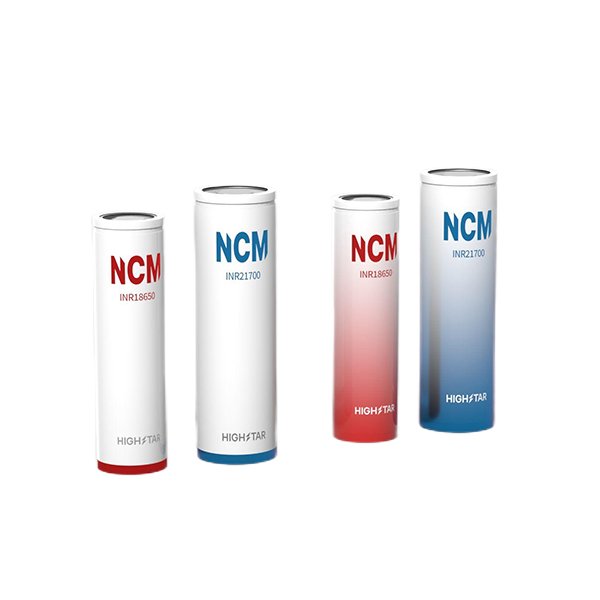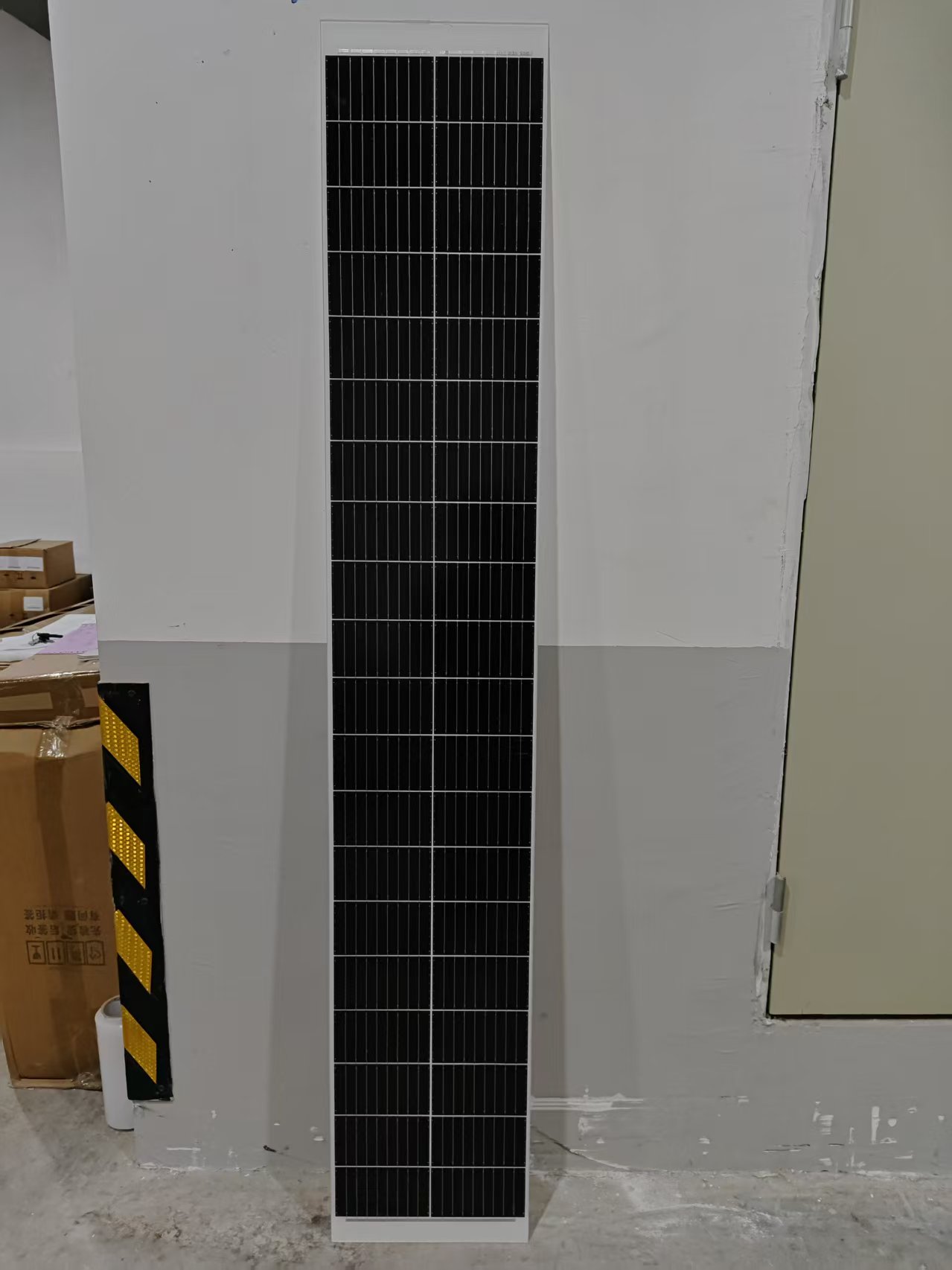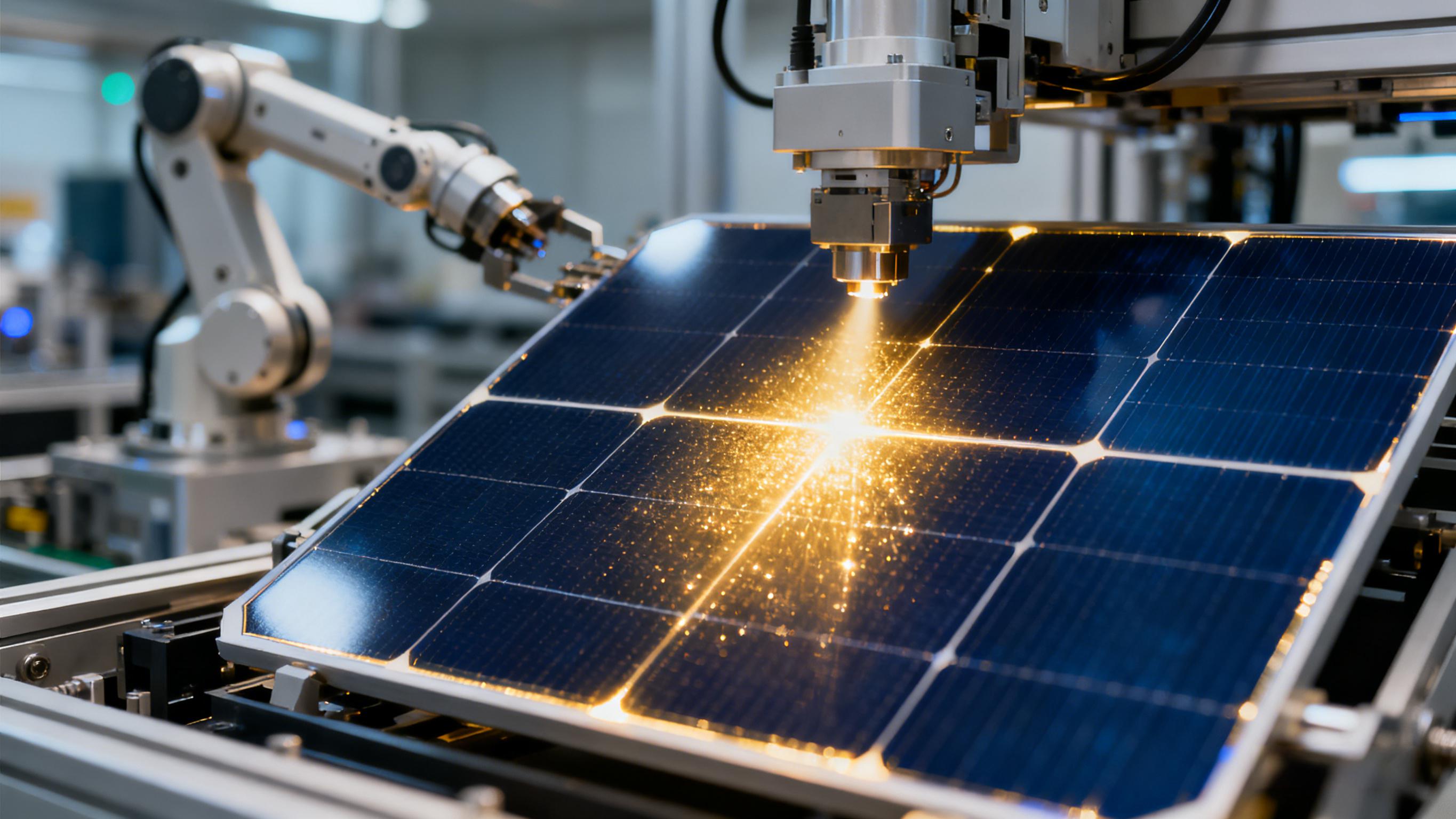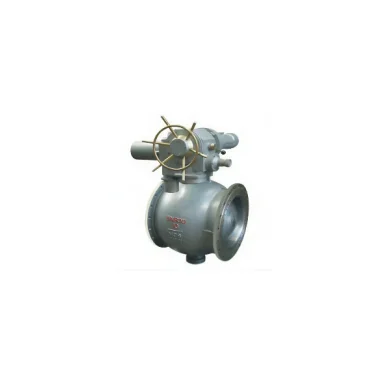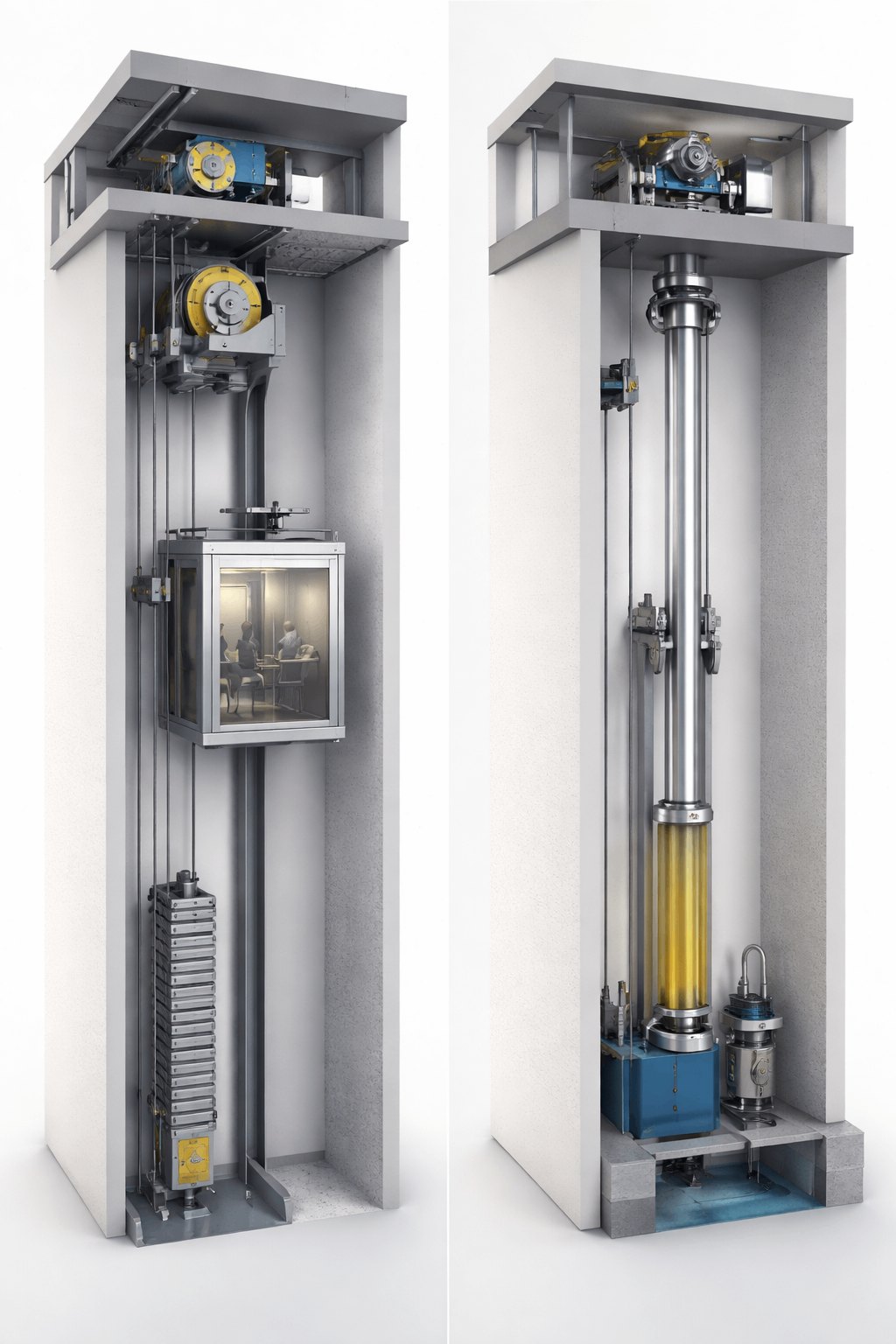Quartz, a mineral composed of silicon and oxygen atoms, is renowned for its exceptional properties and wide-ranging applications. From electronics to construction, this versatile material has become an integral part of various industries. In this blog post, we will explore the most common uses of quartz, shedding light on its significance and impact in today's world.
- Quartz in Electronics:
Quartz's remarkable piezoelectric properties make it an essential component in the electronics industry. Its ability to generate an electric charge when subjected to mechanical stress enables its use in quartz crystal oscillators. These oscillators are crucial for accurate timekeeping in watches, clocks, and electronic devices. Additionally, quartz is utilized in the manufacturing of sensors, filters, and resonators, ensuring the smooth functioning of telecommunications, automotive, and aerospace systems. - Quartz in Optics:
The optical clarity and high refractive index of quartz make it an ideal material for various optical applications. Quartz lenses, prisms, and windows find extensive use in cameras, microscopes, telescopes, and laser systems. Its ability to transmit ultraviolet light makes it invaluable in UV spectroscopy and lithography. Moreover, quartz fibers are employed in telecommunications for their low attenuation and high bandwidth capabilities. - Quartz in Construction:
Quartz's durability, hardness, and resistance to chemical weathering make it a popular choice in the construction industry. Engineered quartz, also known as quartz countertops, is widely used in kitchens and bathrooms due to its aesthetic appeal and resistance to stains and scratches. Additionally, quartz-based materials are utilized in flooring, wall cladding, and decorative elements, providing both functionality and elegance to architectural designs. - Quartz in Metallurgy:
In metallurgical processes, quartz plays a crucial role as a fluxing agent. Its ability to withstand high temperatures and its chemical stability make it an ideal choice for lining furnaces and kilns. Quartz crucibles are used for melting and refining metals, while fused quartz tubes find applications in semiconductor manufacturing and solar cell production. - Quartz in Energy and Environment:
Quartz's thermal and chemical stability make it an indispensable component in energy-related applications. It is used as a key material in the production of silicon wafers for solar panels, enabling the conversion of sunlight into electricity. Moreover, quartz filters are employed in air and water purification systems, ensuring the removal of impurities and contaminants.
Conclusion:
Quartz's versatility and exceptional properties have made it an indispensable material in various industries. From electronics and optics to construction and metallurgy, its applications are diverse and far-reaching. As technology continues to advance, the demand for quartz is expected to grow, further highlighting its significance in shaping our modern world.


